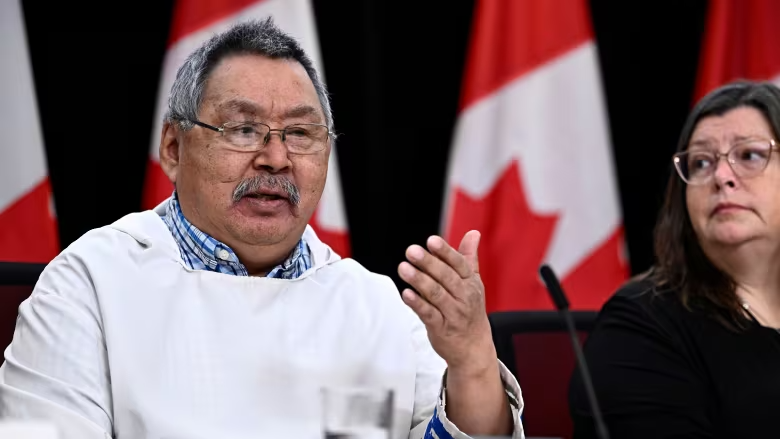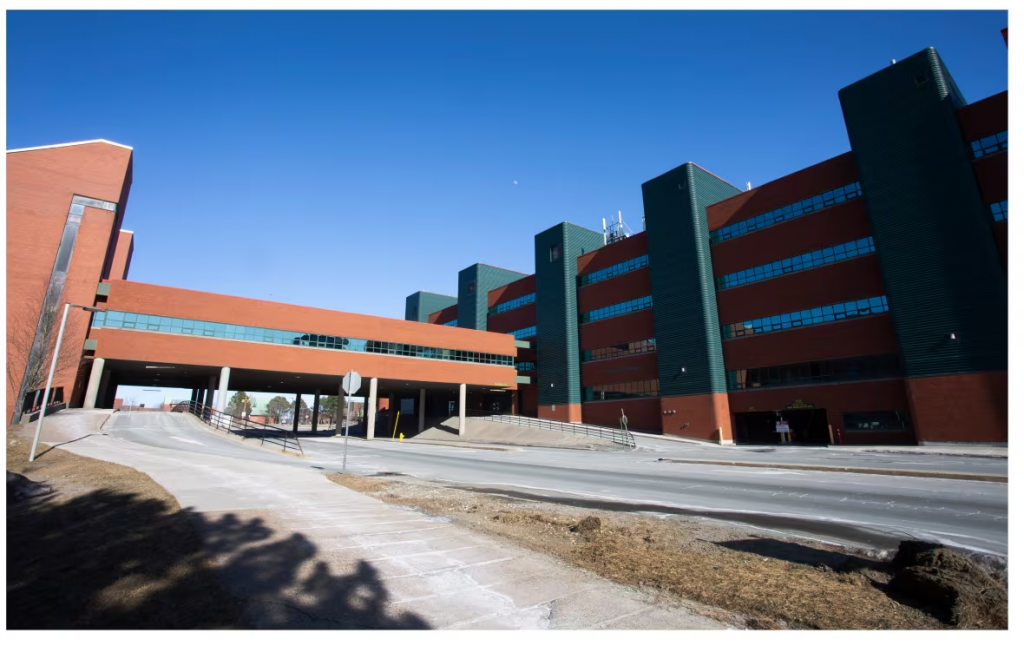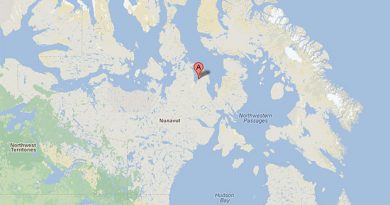Nunatsiavut gov backs university report’s Indigenous verification recommendations

The government of Nunatsiavut, an Inuit self-governing region in northern Labrador, says it welcomes a recent university report on stopping fraudulent Indigenous identification, saying it’s an important step towards protecting the integrity of Indigenous identity in the academy.
“The issue of false claims to Indigeneity is a serious concern faced by universities across Canada,” Nunatsiavut President Johannes Lampe said in a statement on Friday.
“As the governing body representing true Labrador Inuit, the Nunatsiavut Government recognizes the importance of accurately documenting and affirming Indigenous identities within educational institutions like Memorial University.”
The report was done by First Peoples Group, an Indigenous advisory group. It was commissioned by Memorial University of Newfoundland (MUN) in fall 2023.
The university’s former president Vianne Timmons had long claimed Mi’kmaq ancestry until a CBC News investigation raised questions about her background and membership in an unrecognized band.
She was later removed from her post.
‘Links with Indigenous collectives are key’
The report, received by MUN last week, outlined 15 recommendations for the university to consider when developing an Indigenous verification protocol, with an overall theme of strengthening relations with Indigenous communities.
“Many participants noted that the reason a number of universities are in such
difficult situations in respect to false claims is they lack meaningful relationships with recognized Indigenous collectives,” the report said.
The report recommends that recognized Indigenous collectives be defined by Section 35 of the Constitution Act and/or by being recognized as a legitimate Indigenous collective by their federally-recognized neighbours.
“It is recommended that Memorial University establish Memoranda of Understanding with recognized Indigenous collectives within the province of Newfoundland and Labrador,” the report said.
“At a minimum, these Memoranda of Understanding should outline how the
University and the collective will work collaboratively with respect to Indigenous verification.”
- Reconciling with collectives
- Recognition of collectives
- Respect of collectives’ membership processes
- Coordinated approach with Office of Indigenous Affairs
- Assessment of current Indigenous-specific opportunities
- Oversight
- Implementation of two verification pathways
- Verifying lived experience and community connection
- A permanent Indigenous-specific HR position
- A permanent Indigenous-specific Office of the Registrar position
- Ensure resources to fund verification protocol
- Develop guidelines for inviting Indigenous guests to university
- Establish how protocol would be applied to existing Indigenous-specific opportunities and spaces
- Create database for verification process
- Education and awareness campaign on why Indigenous-specific opportunities exist
The recommendations in the report are being examined by MUN, and Lampe said the process shows good intent but that he hopes it’s followed through with action.
“This report not only serves as a testament to MUN’s dedication to fostering an inclusive and culturally-diverse environment, but also underscores its commitment to reconciliation with the legitimate Indigenous peoples in Newfoundland and Labrador,” he said.
“We encourage MUN to accept and implement the recommendations contained in this report, and urge other educational institutions in the province and across Canada to prioritize truth, reconciliation, and Indigenous representation within their establishments.”

Non-Indigenous people claiming Indigenous ancestry in Canada are becoming an increasing concern as it gives those individuals access to programs, opportunities and funding that are meant for Indigenous people.
Earlier this month, First Nations, Inuit and Red River Métis leaders made a declaration condemning the practice.
Discussions are underway in many of the country’s institutions about how to prevent claims of fraudulent Indigenous identity without penalizing Indigenous people that may have been adopted or who otherwise don’t have easy access to official records about their identity.
To do the report, First Peoples Group consulted with the university staff, alumni, students and faculty and sixteen Indigenous communities, groups and Nations.
Write to Eilís Quinn at eilis.quinn(at)cbc.ca
Related stories from around the North:
Canada: Nunavut Tunngavik looking to recoup $158K in funds from Inuit identity fraud case, CBC News
Finland: Sami self-governing reform headed to Finnish Parliament, Yle News



